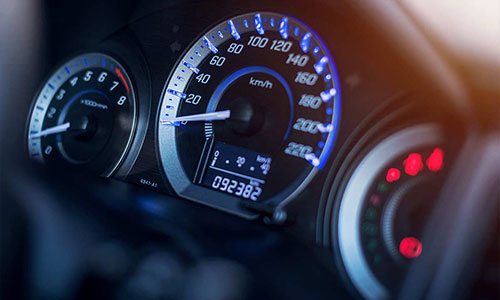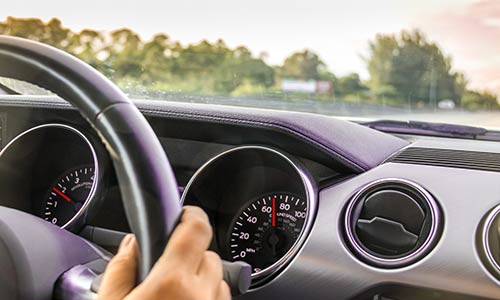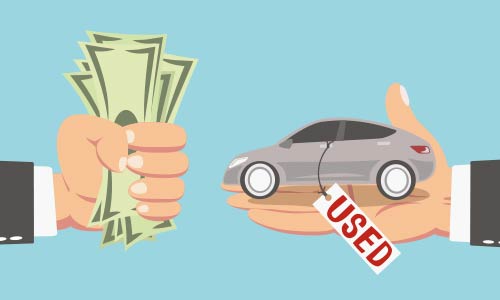
How many miles does a car last?
Last updated March 17, 2023
In general, you can expect a conventional car to last for around 200,000 miles. If the vehicle is especially well maintained, it might reach 300,000 or beyond.
Choosing a car brand and model with a reputation for reliability and longevity will improve your chances of achieving a higher-than-average mileage. Washing the car regularly, staying on top of servicing and maintenance, completing small repairs quickly, and driving carefully can also significantly extend its lifespan.
Value your car in under 30 seconds
Can a car last more than 300,000 miles?
In some circumstances, yes. Many cars can last over 300,000 miles - and most modern vehicles are crafted with high mileage in mind. Properly maintained, well-built cars can see 300,000 miles, which roughly equates to 12 years on the road.
Can a car last more than 500,000 miles?
An especially reliable car that is carefully maintained, routinely serviced - and avoids serious collisions could potentially reach 500,000 miles, but this isn’t particularly common.
What factors can affect how long my car lasts?
The main factors affecting the lifespan of a car include how well you take care of it and the make and model of the vehicle itself.
When choosing a car, you should opt for something reliable and fit for purpose. Ensure that you stick to a regular schedule of maintenance to help prevent mechanical issues and maximise your vehicle’s lifespan.
How can I make my car last longer?
- Regular preventative maintenance will help ensure your car lasts as long as possible. You should also have the vehicle serviced on a regular basis.
- Address little issues that might otherwise be ignored. If you notice any hesitation whilst driving or odd smells, take your car to a trusted garage for a second opinion.
- Keep your engine clean. Having the engine professionally cleaned annually will reduce the strain on your car’s systems and increase its lifespan.
- Choose a good mechanic. Taking your car to a reputable garage for servicing and repairs will ensure that any work is carried out to a high standard.
- Opting for a vehicle with modern safety features such as auto emergency braking and adaptive cruise control can help to prevent road accidents and damage, in addition to protecting you and your passengers.
- Keep your eye out for dashboard warning lights. These lights are on your dashboard for a reason - and if you see any of them flash, you should take your car to a mechanic.
Is it worth buying a car with 150,000+ miles on the clock?
Cars with over 150,000 miles on the clock can be considered ‘high mileage’, but what is a good mileage on a used car? If you’ve been shopping for a used vehicle, you might find yourself wondering whether it’s worth buying a high mileage car.
Before committing to such a purchase, you should check that the vehicle has a full service history. Read our guide on how to check a car’s service history for a more detailed explanation.
So long as the vehicle has been well cared for and has no serious mechanical faults, a high mileage car could provide you with years of reliable use.
Is it worth selling a car with 150,000+ miles on the clock?
If you’ve received a free car valuation and are considering whether it’s time to sell your car, you might be wondering whether it’s worth selling a car with mileage of 150,000 or more.
Whilst mileage can affect value, it isn’t everything - and if you can prove that the car was well cared for, this will increase your chances of selling for a reasonable price.
Common issues with high mileage vehicles
High mileage can cause the piston rings on your car’s engine to fail; this is one of the most common issues among high mileage cars. Look out for signs such as excessive oil consumption, grey or white exhaust smoke, and loss of power and engine performance. Make sure you have the piston rings replaced when necessary.
If a car hasn’t been properly maintained or has used poor quality oil, the engine might burn through oil more quickly than it should. Transmission failure and water pump leaks are also more likely after the 100,000-mile mark.
The timing belt can fail when your car reaches anything over 60,000 miles. Rust can also spread, which can eat away at your vehicle’s metal. Excessive rust can seriously damage your vehicle – and if it spreads to certain prescribed areas, it could also lead to MOT failure.





